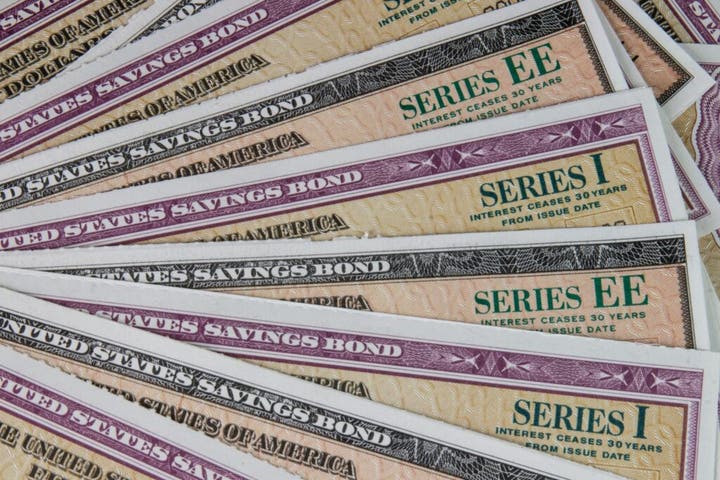
Financial analyst Gary Black, the managing partner at the Future Fund LLC, has issued a bold take on the U.S. fiscal health, likening the nation's debt to corporate debt levels and calling it “fairly low.”
What Happened: In a post on X, Black argued that the U.S. debt-to-GDP ratio of 125%, following a $3.3 trillion increase from a recent tax and spending bill, namely the One Big Beautiful Bill Act, remains “fairly low” compared to Japan's 240%.
The bill, approved 51-50 by the Senate with VP JD Vance's deciding vote, is expected to pass the House before the weekend.
Black framed the debt-to-GDP ratio as akin to a company's debt-to-income level, noting its stability since 2020 despite post-war and recessionary spikes.
He dismissed concerns from ultra-conservatives about deficit spending adding to the $36 trillion national debt, suggesting a more reliable gauge of financial health is the U.S.'s AA+ credit rating with a stable outlook, as affirmed by S&P, Moody's, and DBRS.
Meanwhile, Elon Musk warned on June 18 in an X post that the U.S. is nearing “de facto bankruptcy” as federal debt exceeds $37 trillion. He highlighted that interest payments on this debt now consume 25% of all tax revenue. Quoting “Wall Street Mav,” Musk stated that if this trend persists, all tax revenue will eventually be used to service the national debt, leaving “nothing left for anything else.”
Why It Matters: Billionaire Ray Dalio, on the other hand, has been a staunch critic of increasing government debt.
In a recent X post on Monday, Dalio proposed increasing taxes instead of slashing them to control the deficit problem. "There is no way that the deficit/debt bomb problem can be sustainably dealt with unless there is a mix of tax revenue increases and spending decreases that are determined in a bipartisan way," the founder of Bridgewater Associates said.
Contrary to Black’s point on credit rating agencies, Dalio has called out the role of such agencies, stating that "credit ratings understate credit risks," as they only consider the probability of default and the loss given a default by the government.
"Said differently, for those who care about the value of their money, the risks for U.S. government debt are greater than the rating agencies are conveying," he argued.
Price Action: The SPDR S&P 500 ETF Trust (NYSE:SPY) and Invesco QQQ Trust ETF (NASDAQ:QQQ), which track the S&P 500 index and Nasdaq 100 index, respectively, edged slightly higher on Wednesday. The SPY was up 0.11% at $618.32, while the QQQ advanced 0.013% to $547.06, according to Benzinga Pro data.
Read Next:
Photo: Jonathan Weiss/Shutterstock







